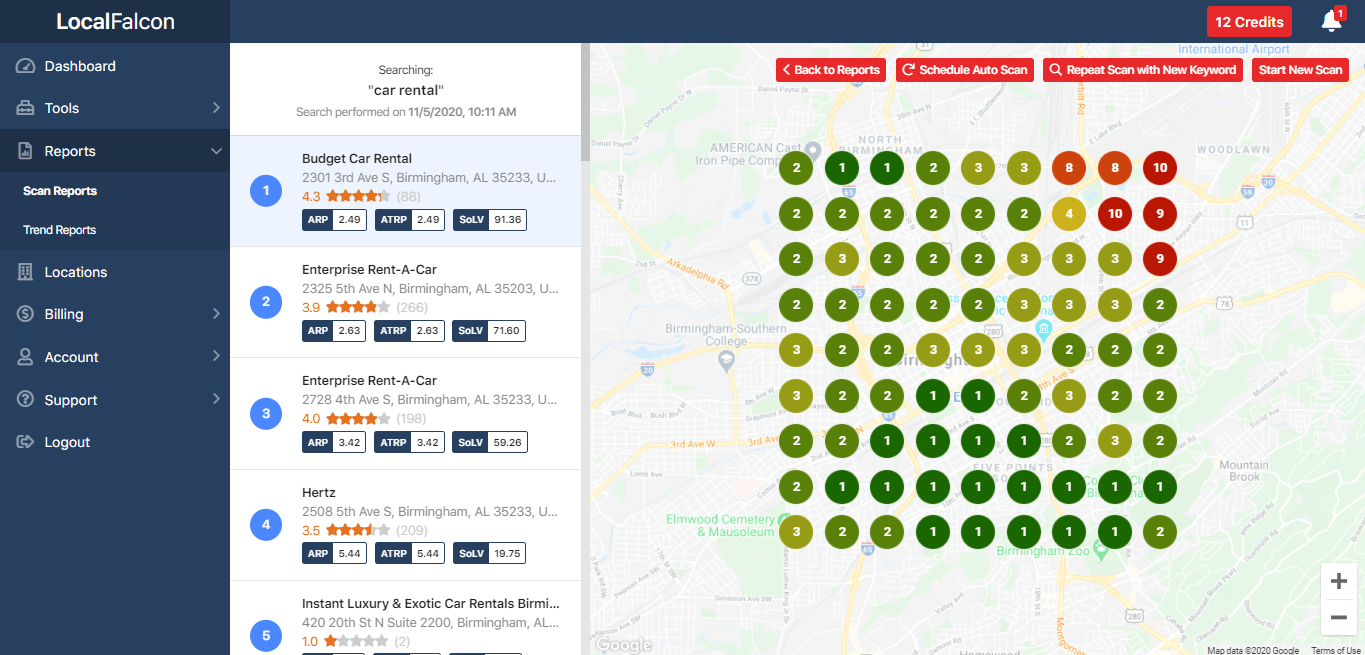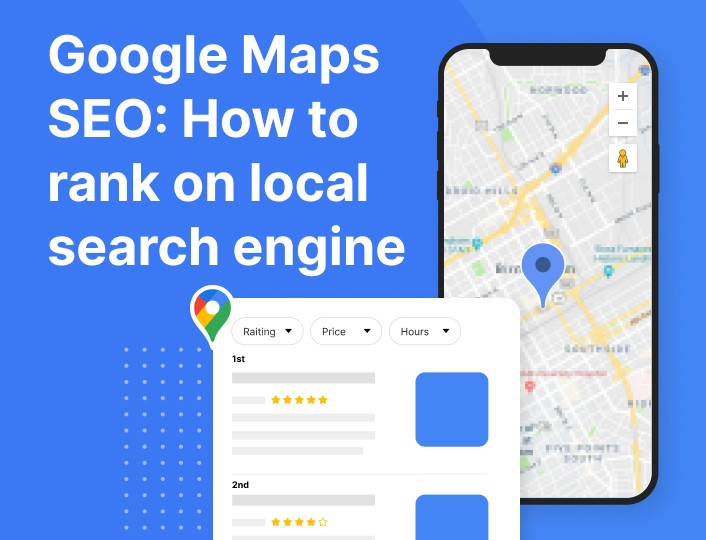To enhance Google Maps rankings through localized content, the key strategy is to create location-specific, original content that resonates with the local audience and signals relevance to Google’s algorithm. This involves:
- Developing dedicated landing pages for each business location with unique, optimized content that includes local keywords, references to landmarks, neighborhoods, events, and cultural aspects relevant to that area.
- Incorporating local keywords naturally into business descriptions, page titles, meta descriptions, and throughout the content to improve relevance for local search queries.
- Embedding Google Maps on location pages and contact pages to provide clear directions to users and reinforce your business’s geographic presence to search engines.
- Using structured data (Schema Markup) for local business to give Google precise, machine-readable information about your business’s name, address, phone number (NAP), hours, and geographic coordinates, which strengthens location signals.
- Showcasing local testimonials, reviews, and partnerships to build trust and demonstrate community engagement, which can improve prominence and relevance in local search results.
- Regularly updating your Google Business Profile (GBP) with accurate, comprehensive info, local keywords, photos, posts, and engaging with customer reviews to maintain prominence and relevance.
Additional best practices include:
- Embedding maps that are mobile-optimized and customized to highlight your service area.
- Creating a Q&A section on your GBP to address local customer queries.
- Building local citations by listing your business in relevant local directories to improve authority and local signals.
- Encouraging and managing customer reviews, especially from local clients, to boost credibility and ranking.
Together, these tactics create a strong localized content ecosystem that improves your Google Maps ranking by enhancing relevance, distance, and prominence—the three core factors Google uses to rank local businesses.
In summary, localized content should be original, detailed, and tailored to each location, combined with technical SEO elements like schema markup and embedded maps, and supported by active Google Business Profile management to maximize Google Maps visibility and ranking.




